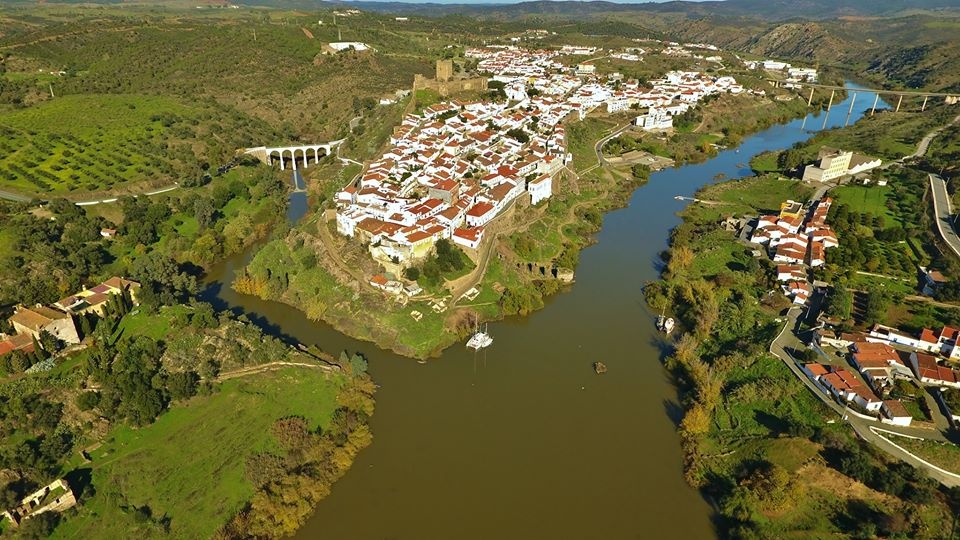The protocol, signed between the FCT and the Associação Estação Biológica de Mértola (AEBM), which manages the project, provides support in areas such as biodiversity or agroecology.
“It is these protocols that give substance to the biological plant project,” which will be “very important for the development of the territory,” Mario Tome, president of the Mértola Chamber, the entity that chairs the AEBM general assembly, told Lusa. news agency.
According to the mayor, “the first phase of applications for the doctoral program will open later this year,” allowing “critical mass” access to the Alentejo municipality with “intellectual, academic and scientific capabilities.”
“We must have the courage to understand that science is fundamental to the development of the regions,” he added, “and it is clear that having 20 PhD students in Mertola studying and researching would be an advantage for the region.”
The Mértola biological station is an initiative of the municipality and represents an investment of approximately 3.6 million euros, with community funding secured through the Alentejo Regional Operating Program 2020.
The project will be developed in the former EPAC barns in Mértola, on the left bank of the Guadiana River, and includes the creation of a biodiversity exhibition and a new area for municipal archives and museum reserves, which will cost another 3.7 million euros.
According to the municipality, the goals include, among others, “to promote the transfer of knowledge and technology to support the agroecology transition strategy for the territory” and “to contribute to the preservation of the biodiversity of animals and plants in the Mediterranean.”

“Wannabe internet buff. Future teen idol. Hardcore zombie guru. Gamer. Avid creator. Entrepreneur. Bacon ninja.”

